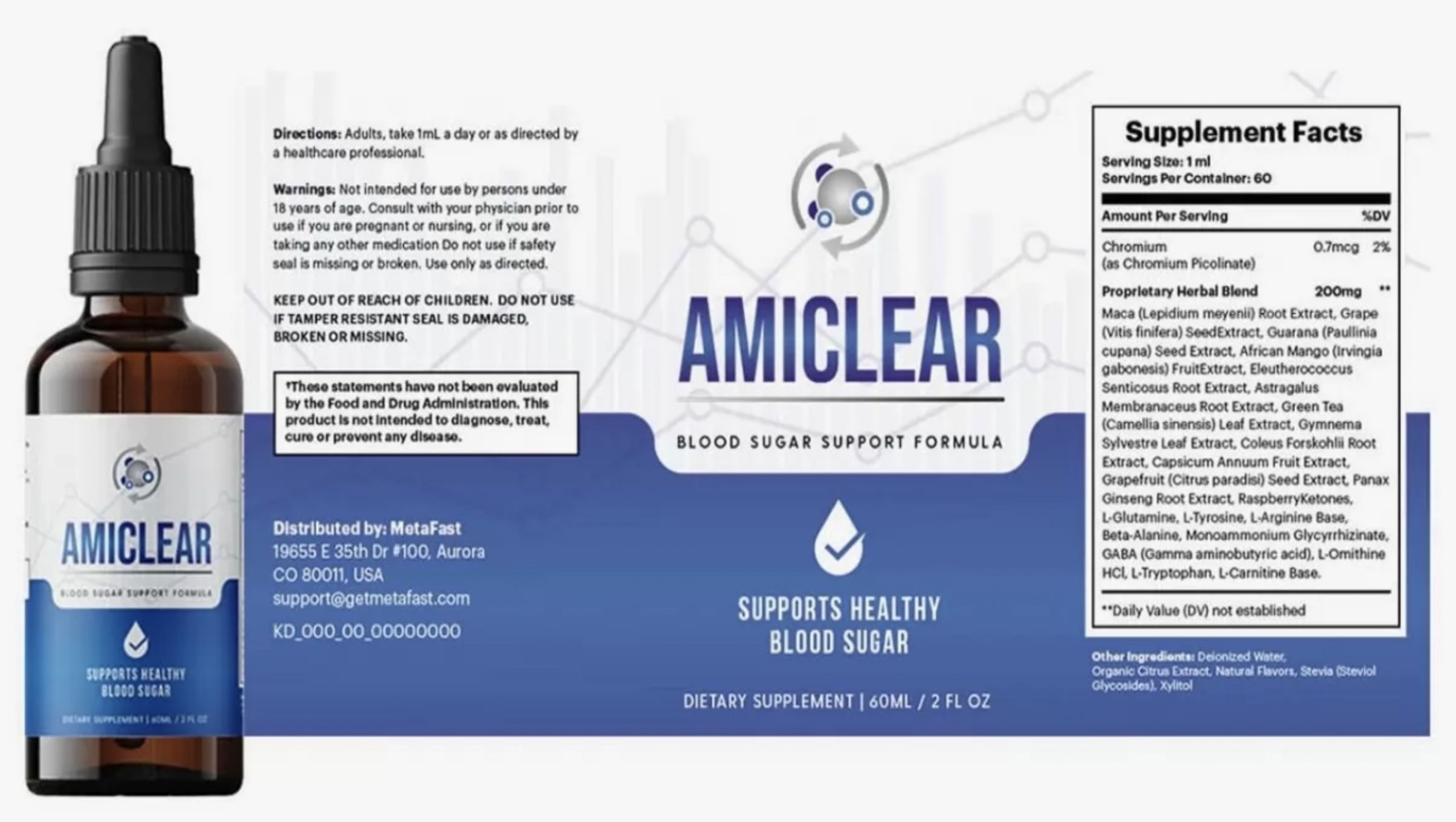
Blood
Although there are more high-quality studies on humans, some evidence suggests that fenugreek might be able to help with blood sugar management. " -- but it's easy to get overheated at night while you sleep. A spike in blood sugar may cause a sugar rush that will last for a short time. These women, and their children, are at higher risk for developing type 2 diabetes in the near future. Fiber-rich and blood sugar friendly foods will encourage your body's gut health bacteria. Learn more about overcoming racial biases and medical myth-busting through social media. It is important to review the storage and handling instructions prior to use. There is no known interaction between the vaccines and diabetes medications. Studies have shown that type 1 diabetics who have COVID-19 diagnosed are more likely to develop severe COVID-19 symptoms. For example, sugar can quickly enter the bloodstream and cause rapid increases in blood sugar levels. Sign up to receive health-living tips and special offersVitamin D has been extensively examined for its role as a regulator of various biological processes. Hydration can help to prevent and reduce high blood sugars. Dinner might be the most important meal of a day, but if your blood sugar has increased, it is time to stop thinking about dinner. Without taking medication, physical activity is the fastest and most effective way to lower your blood glucose. You'll want to ensure that electrolytes are always replenished, as they are vital for maintaining adequate hydration. It is an effective fat burner that helps to release fat reserves.
